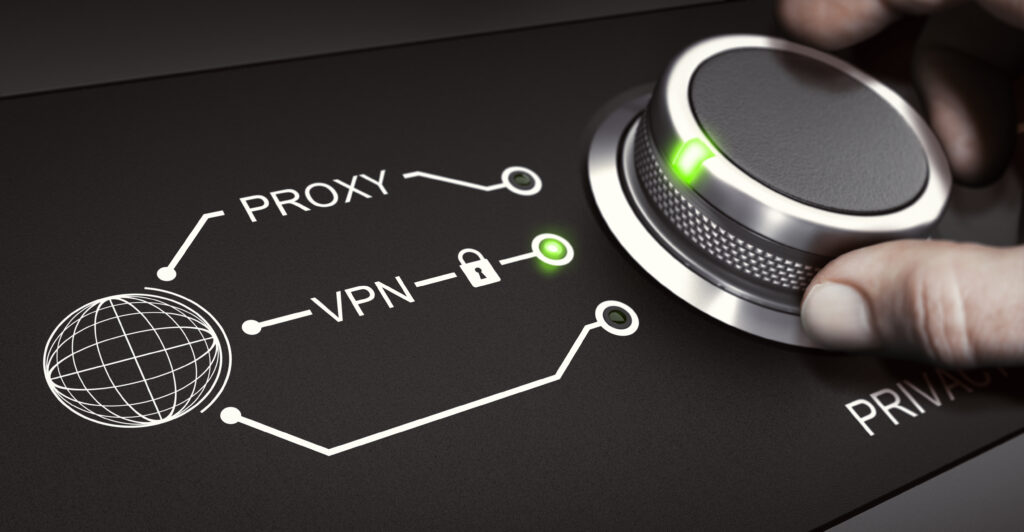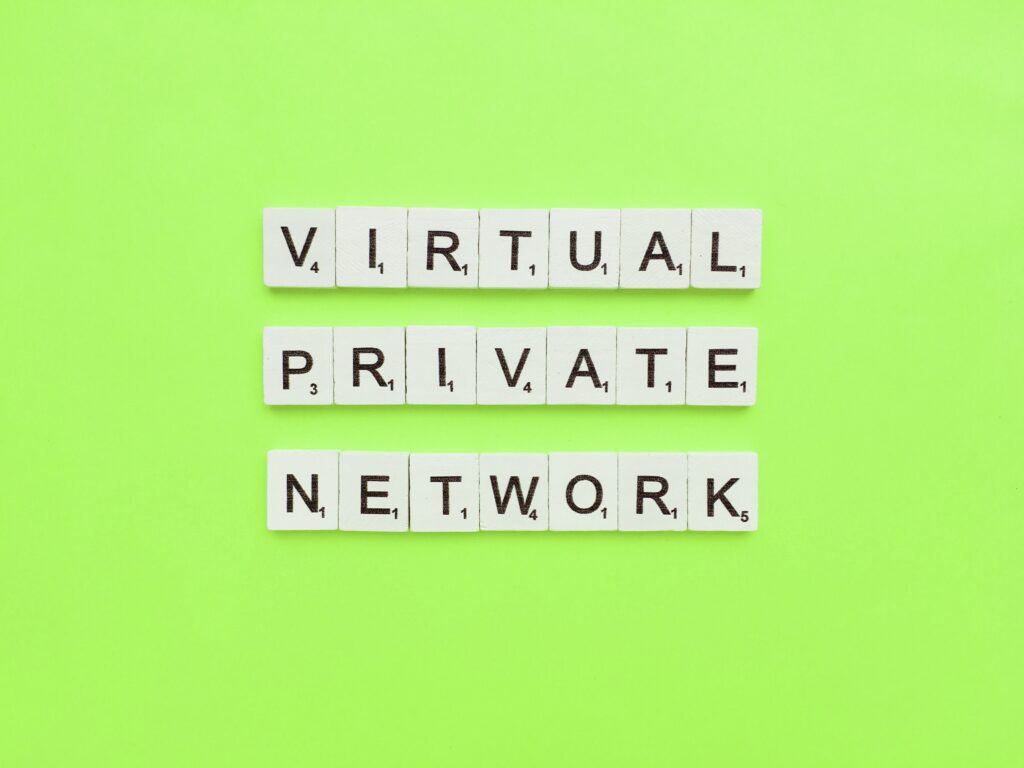Certainly, you may have already heard of VPNs. However, you might not know what they are, how they work, and how to get one. If you’re reading this article, it’s because you want to clarify your doubts. You’re in the right place because we’re about to do that.
Keep reading to find out everything you need to know about VPNs, how they work, what they allow you to do, and if they are suitable for you.
So, before determining if it’s worth using it, let’s take a look at its properties. Below, you’ll find some useful information that will help you have a clearer understanding. You’ll discover if there are free VPNs available, what the best VPNs on the market are, the prices to download them, and if their use is legal.
What is VPN?

A VPN, or Virtual Private Network, is a service or program that aims to hide and protect a user’s online browsing.
Its main function is to conceal all activities performed on the internet. A VPN creates a secure connection between the user’s device and a remote server, encrypting the data transmitted through this connection. This prevents third parties, such as hackers or unauthorized users, from accessing the user’s personal information or intercepting their connection.
A VPN can be particularly useful when using public or insecure Wi-Fi networks, such as those found in cafes, airports, or hotels. In these situations, a VPN protects your privacy and sensitive data by hiding your IP address and making your browsing information inaccessible.
When connecting to an unknown Wi-Fi network, it’s important to consider the security of the connection and protect your device. Using a VPN is an effective way to avoid unpleasant surprises and safeguard your online privacy, preventing unwanted third parties from spying on you or accessing your sensitive data.
How to use VPN?
When it comes to how VPNs work, every time you connect to the internet, there is an exchange of data through your computer or mobile device. These data are constantly received and sent until you disconnect.
The data or information exchanged can be traced and monitored by the service provider that offers the connection.
Moreover, third parties can also intercept and obtain this information. This is where a VPN comes into play, acting as a mediator between the web pages you visit and your device, ensuring that your identity and information remain secure.
A VPN encrypts the data, making it unreadable to unauthorized third parties. Additionally, it can alter your geographical location, making it difficult to track the specific computer or mobile device you are using to connect to the internet.
How to active it?

What is actually traceable is the geographical location of the server that the VPN utilizes. The companies that create and provide VPN services have thousands of servers located worldwide.
Once the VPN is activated and you connect to the internet, you can choose any desired location. At this point, the data is encrypted and sent to one of the company’s owned servers that manage the virtual private network.
The next step involves decrypting this information, which is then sent back to the website you intend to visit.
To use a VPN, the process is straightforward. First, you need to consider which operating system you have and ensure that the VPN you are about to install is compatible. Depending on your needs, you will choose the most suitable VPN product available online.
To proceed, you will be asked to register on the company’s website. After downloading the VPN, it’s time to install it. Then, you simply need to launch the VPN. At this point, you can either choose to automatically connect to a server or manually select one from a displayed list.
Once you have found your preferred server, you will click on the “Connect” button.
Which is the best VPN?
When it comes to the best VPNs on the market, there are a few notable options. One of the most popular and highly regarded is NordVPN.
With this product, you can connect up to 6 devices simultaneously. Additionally, NordVPN offers around 5,000 servers located worldwide. Another option to consider is ExpressVPN, which allows you to connect 5 devices and provides a choice of approximately 3,000 servers spread across the globe.
Another noteworthy option is Surfshark. With this VPN, you can choose from around 1,040 servers and connect an unlimited number of devices.
Are VPNs legal?
When it comes to data encryption, spoofing your geographical location, bypassing geographic restrictions, and so on, it’s natural to wonder about the legality of VPNs. If you’re asking yourself this question, rest assured that using a VPN is legal and safe, at least according to the law in Italy.
However, it’s important to note that a VPN does not protect you from engaging in any illegal activities online. Similar to Italy, other Western countries also permit the use of VPNs. The situation is different, however, when it comes to nations governed by authoritarian leaders such as Turkmenistan, Iran, North Korea, China, and Russia.






